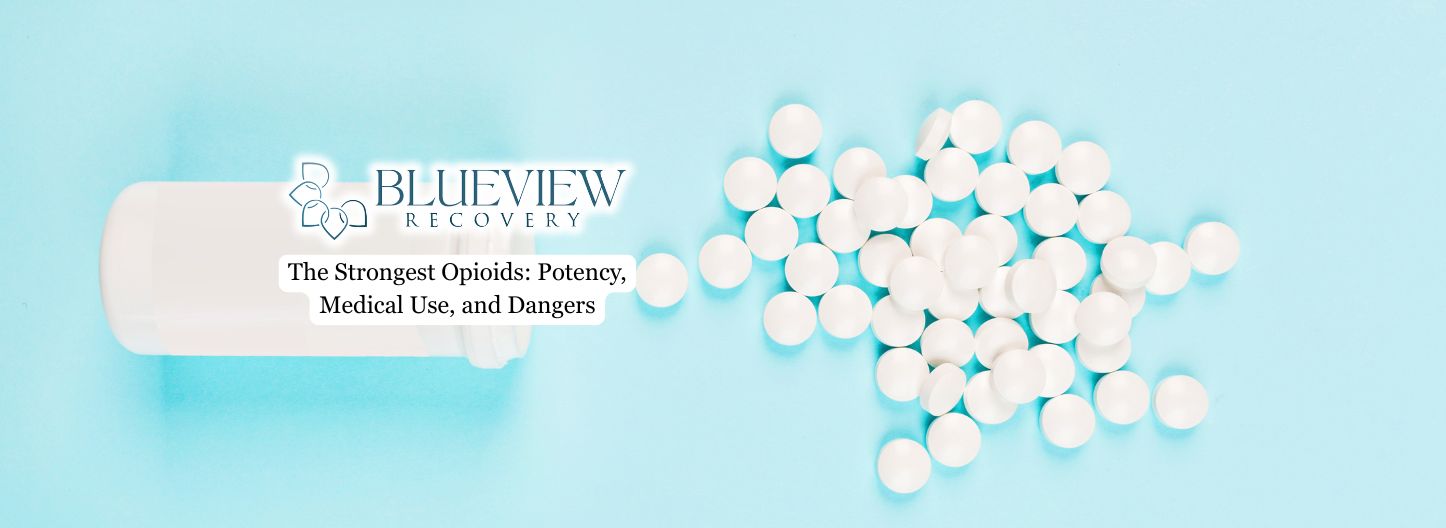Adderall is one of the most widely prescribed medications for conditions like ADHD and narcolepsy. Because of its effects on energy, focus, and alertness, many people wonder whether it is classified as a stimulant or a depressant.
In this article, we’ll break down exactly what the medication is, how it works, and why understanding its classification matters for both medical use and addiction awareness.

What Is Adderall?
Adderall is a prescription medication that combines two active ingredients: amphetamine and dextroamphetamine. These chemicals stimulate the central nervous system and increase levels of neurotransmitters such as dopamine and norepinephrine. The result is heightened alertness, improved concentration, and reduced impulsivity, which makes it effective in managing ADHD symptoms.
Unlike depressants, which slow brain and body functions, Adderall speeds them up. This distinction is critical when considering its risks, benefits, and potential for problematic use, particularly because ongoing misuse can quickly lead to patterns of dependency that require professional addiction treatment.
Adderall’s Drug Classification
Adderall is classified as a stimulant that works by increasing activity in the central nervous system, which leads to elevated heart rate, increased energy, and improved focus. In contrast, depressants have the opposite effect—they slow down brain activity and are often prescribed for anxiety, sleep disorders, or muscle relaxation.
The confusion about whether this medication is a depressant may stem from its potential side effects. Some people may experience fatigue, irritability, or a “crash” after the effects wear off. While these symptoms resemble the slowing effects of depressants, they do not change its classification as a stimulant.
How Adderall Affects the Brain
Adderall works by stimulating the central nervous system and altering the way key neurotransmitters function. It increases the levels of dopamine and norepinephrine in the brain—two chemicals that play critical roles in mood, focus, and motivation. Dopamine activates the brain’s reward pathway, which enhances feelings of satisfaction and reinforces behaviors that provide a sense of accomplishment. Norepinephrine sharpens alertness, raises heart rate, and improves the brain’s ability to filter distractions, making it easier to stay focused on tasks.
This heightened activity can make individuals feel more energetic, attentive, and productive. Yet, the same stimulation can also create imbalances. Excess dopamine release may lead to anxiety or agitation, while disrupted sleep patterns often stem from prolonged norepinephrine activity. With repeated misuse, the brain can adapt to these elevated chemical levels, reducing its ability to produce them naturally. This adaptation not only diminishes cognitive function but also increases the risk of dependency and addiction.
Side Effects Related to Mood and Emotional Health
Adderall not only impacts the body but also has strong effects on emotional balance. Many individuals report heightened anxiety, irritability, or rapid mood changes when the medication begins to wear off. Some struggle with constant restlessness, finding it difficult to feel calm even in relaxed environments.
When misuse continues, these emotional disruptions often become more severe. Suppressed dopamine activity can contribute to feelings of depression, emotional instability, and an overall decline in mental resilience. Addressing these challenges often requires approaches such as cognitive behavioral therapy, which can help individuals reframe negative thought patterns and strengthen coping strategies.

Why People Mistake Adderall for a Depressant
- Post-use fatigue: When the effects wear off, individuals may feel drained or lethargic.
- Mood changes: Emotional lows or irritability may follow the initial “high-energy” period.
- Sleep disruption: Insomnia can leave people feeling sluggish the next day, mimicking sedative effects.
These reactions do not make it a depressant, but rather highlight how its stimulant properties can lead to a cycle of highs and lows.
Risks of Misusing Adderall
Although Adderall can be highly effective when used as prescribed, misuse carries significant risks. Taking higher doses than recommended or using the drug without medical supervision can cause serious physical and psychological effects. Some of the most common risks include increased heart rate and blood pressure, heightened anxiety or panic, sleep problems, and the development of dependence or addiction.
The body may begin to rely on the drug to function, and withdrawal symptoms such as extreme fatigue, depression, or mood swings can occur when stopping use abruptly. These outcomes emphasize the importance of professional addiction treatment that may include peer-based programs to strengthen accountability and provide encouragement through shared experiences.
Final Thoughts from Blueview Recovery
Adderall is not a depressant—it is a central nervous system stimulant that increases alertness, focus, and energy. While it can be effective when prescribed and monitored by a medical professional, unsafe use carries serious risks, including addiction, cardiovascular complications, and mental health challenges.
At Blueview Recovery, we understand how prescription stimulants can lead to dependency and disrupt lives. Our evidence-based treatment programs in Philadelphia, PA, are designed to help individuals safely address stimulant misuse while building a foundation for lasting recovery. With personalized care and ongoing support, we provide the tools needed to move forward toward a healthier and more balanced future.





